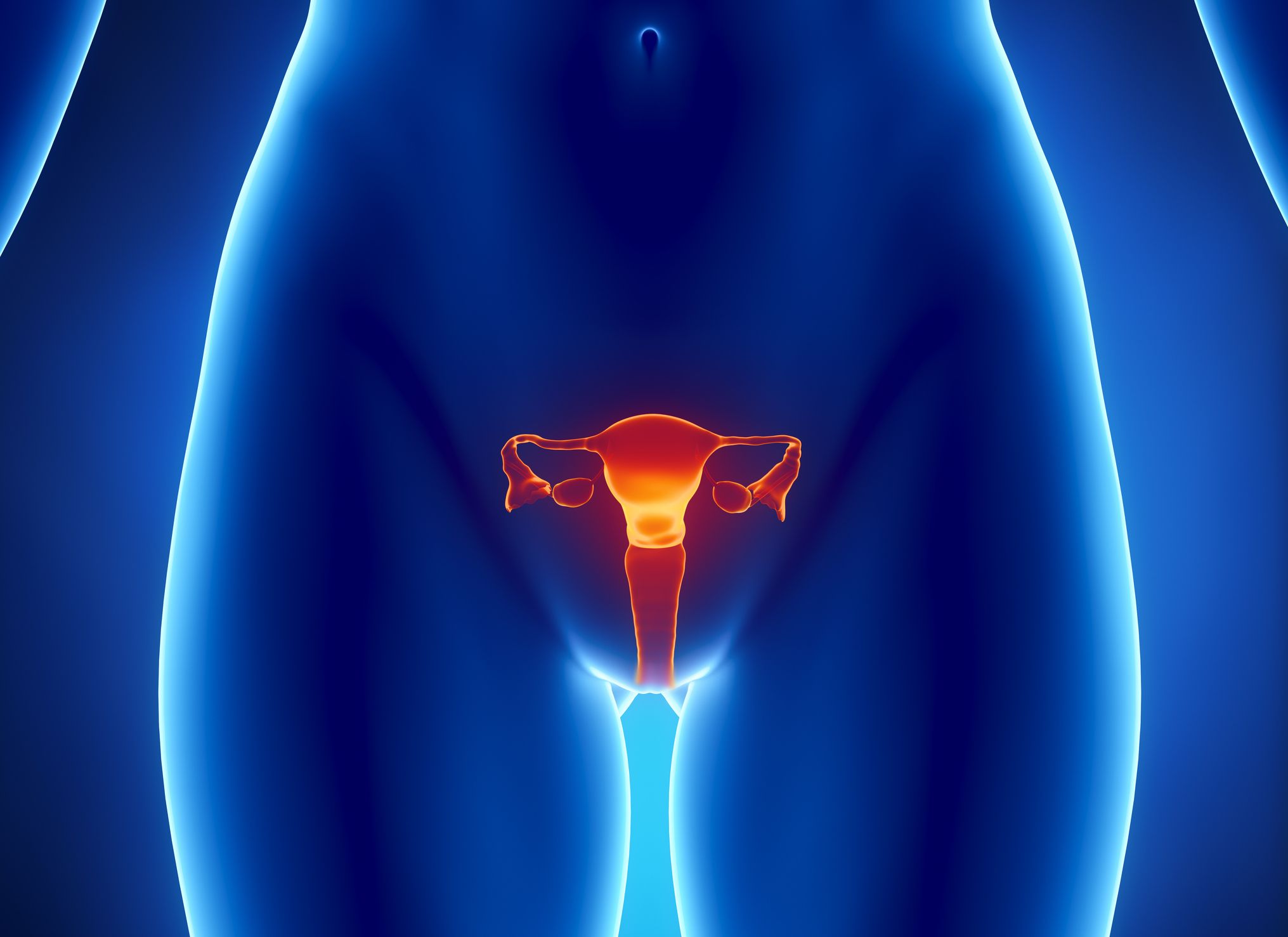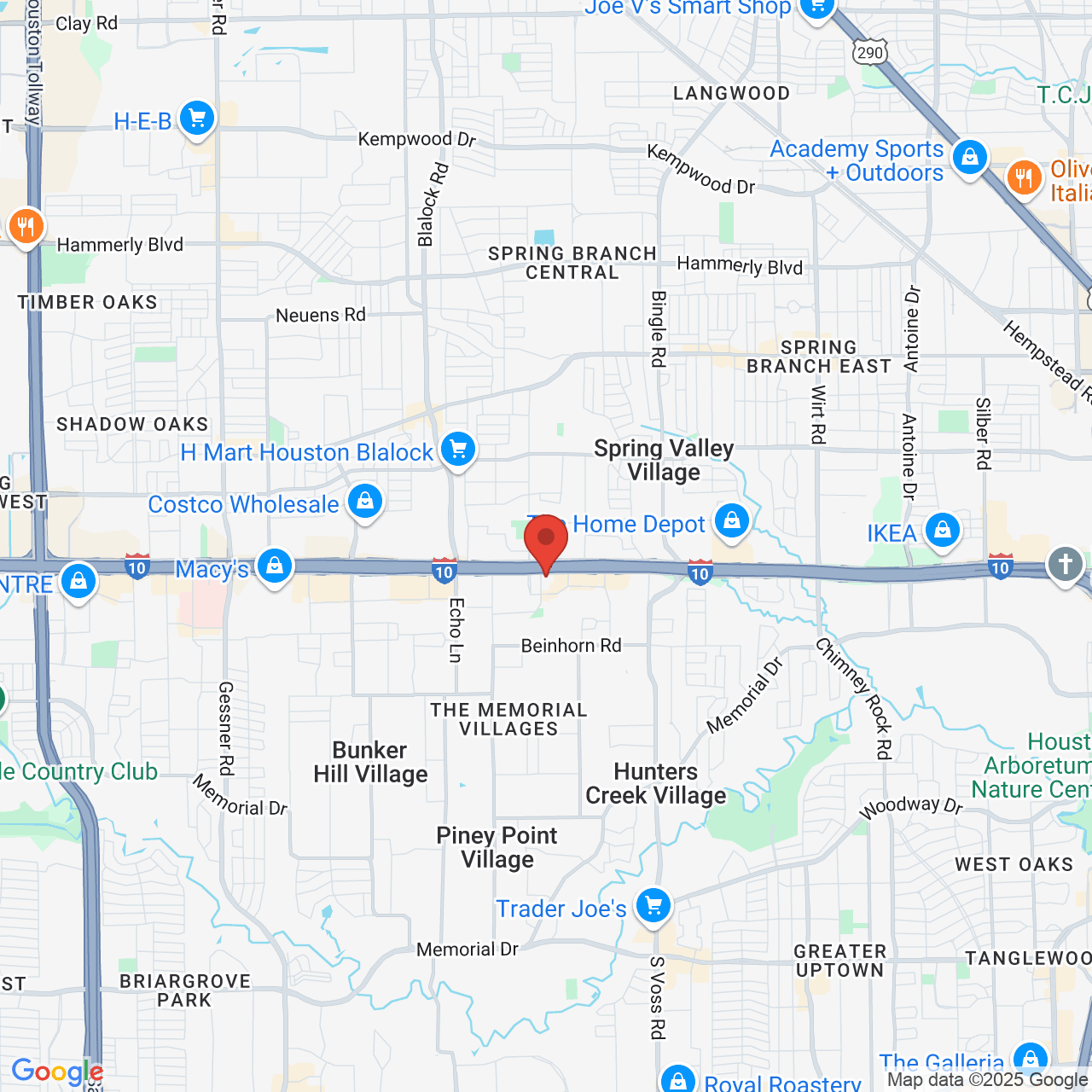How Common Is OHSS in IVF Patients?
 Assisted reproductive technology, or ART, has grown more and more popular in recent years. These services address the common causes of infertility to increase a woman’s chance of becoming pregnant.
Assisted reproductive technology, or ART, has grown more and more popular in recent years. These services address the common causes of infertility to increase a woman’s chance of becoming pregnant.
One of the most widely used ART treatments is in vitro fertilization, or IVF. IVF is a multi-step process that assists throughout all the stages of conception. While IVF can be a successful treatment option for many patients, it is not without side effects and risks.
Ovarian hyperstimulation syndrome (OHSS) is one of the most common risks of IVF treatment. Dr. Sonja Kristiansen discusses the risk of OHSS in IVF patients prior to the start of treatment at our Houston, TX fertility clinic.
Dr. Kristiansen wants our patients to have a thorough understanding of how likely this condition is, which symptoms it may present, and what to do if it does develop.
What Is OHSS?
OHSS describes a condition in which the ovaries become enlarged and fluid builds up within the abdominal cavity. OHSS is believed to be caused by an increase in certain hormone levels, and is most commonly linked to the use of injectable fertility medications.
Potential symptoms of OHSS include bloating, abdominal pain, nausea, and diarrhea. In severe cases of OHSS, patients may experience rapid weight gain, shortness of breath, and decreased urination.
Frequency of OHSS in IVF Patients
Controlled ovarian stimulation is one of the first stages of IVF treatment. It is important to stimulate the ovaries so that we can encourage the release of multiple mature eggs.
The ovaries are stimulated through the use of fertility medications, most commonly in the form of shots. Because fertility shots are a leading cause of OHSS, this is a risk of IVF treatment.
Although mild to moderate cases of OHSS can cause some discomfort, they are not usually cause for any serious concern. As long as a patient is monitored and symptoms do not get severe, the condition should resolve on its own.
Severe OHSS is a much bigger concern than mild to moderate OHSS, but it is also far less common. Complications from severe OHSS can be life-threatening, so it is vital for patients to report any symptoms of OHSS right away so that appropriate treatment can be administered.
Treatment
Treatment for OHSS will vary based on the severity of the condition. If symptoms are mild to moderate, we may simply observe the patient and monitor symptoms to make sure they don’t worsen. Some cases of OHSS may require us to halt the IVF cycle. If this occurs, we will allow the condition to resolve before trying IVF again.
Contact Us
At Houston Fertility Center, Dr. Sonja Kristiansen offers a wide range of fertility services for patients who are having difficulty conceiving. If you would like to learn more about the treatment options available to you, contact us at your earliest convenience. You can call (713) 862-6181 to set up a personal consultation.


